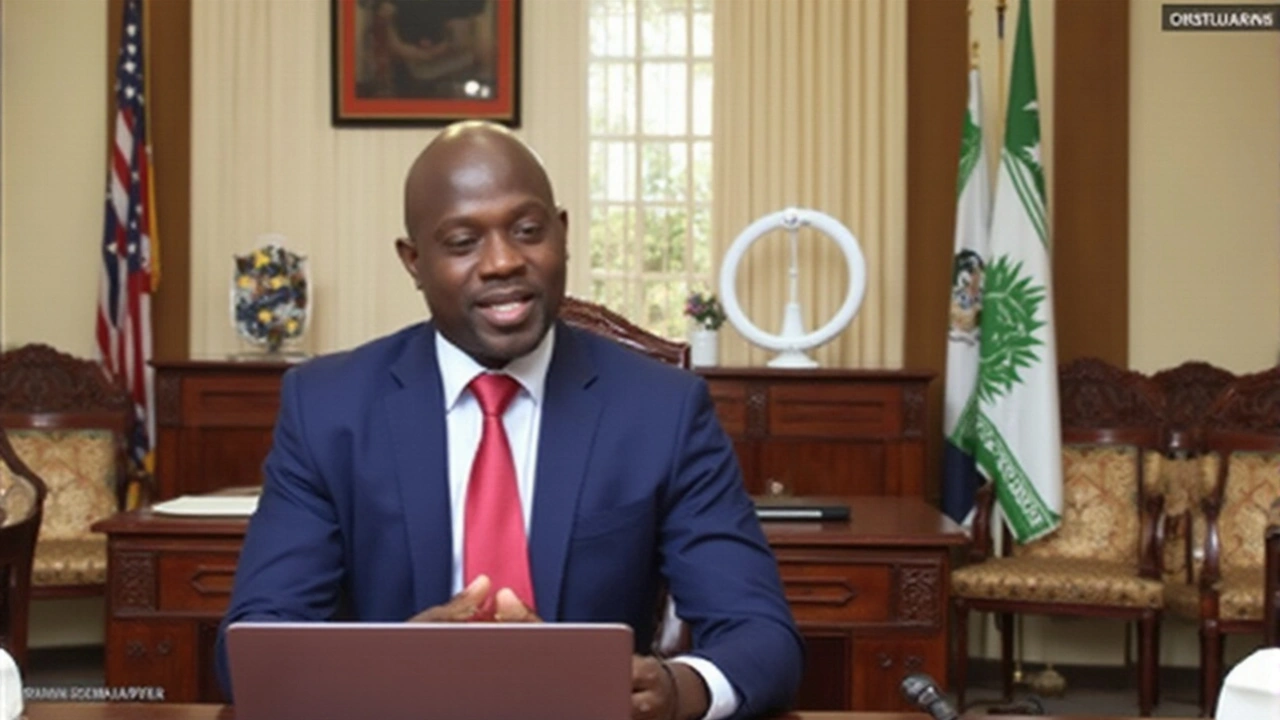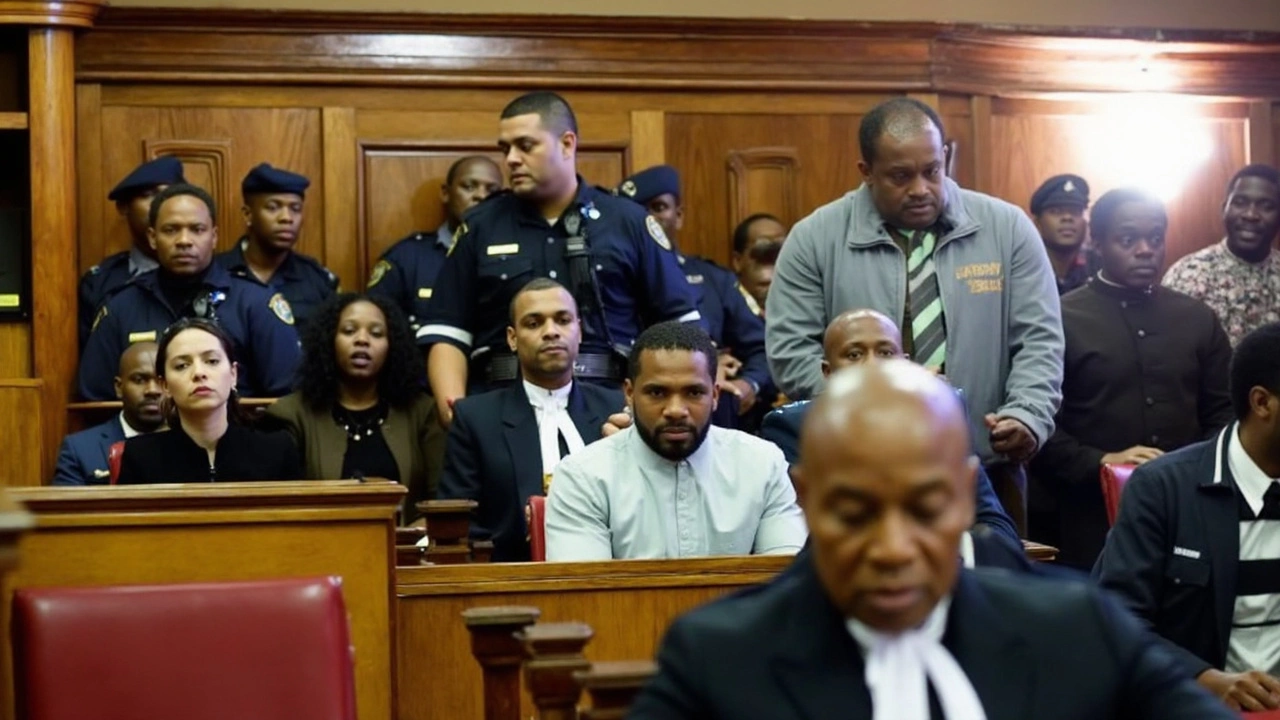What Is Extradition and Why Does It Matter?
Extradition is a legal process where one country hands over a person to another for prosecution or punishment for crimes committed. This usually happens when someone accused or convicted of a crime flees to another country to avoid justice. Courts and governments work together through agreements to make sure fugitives can’t escape the law by crossing borders.
Why should you care? Well, extradition ensures that crime suspects can’t hide forever just because they moved to another place. It keeps the justice system fair and helps maintain trust between nations. Whether it’s serious crimes like fraud, theft, or even political cases, extradition can come into play.
How Does Extradition Work?
First, the country requesting extradition must provide valid reasons backed by evidence. They usually present an arrest warrant or court order to show the person is wanted for legal reasons. The country receiving the request reviews all materials to check if the case meets legal requirements and protects human rights.
That means extradition isn’t automatic. Courts look for things like dual criminality—meaning the act is a crime in both countries—and assurance the person will get a fair trial. Also, certain charges might be excluded from extradition if they’re political or related to military offenses.
Challenges and Controversies Around Extradition
Extradition can get tricky. Political tensions between countries often complicate matters. Some might refuse extradition to protect their citizens, while others worry about human rights violations in the requesting nation. Then there’s the time and cost—legal battles can drag on, leaving suspects in limbo.
Despite these hurdles, extradition remains a crucial tool for law enforcement worldwide. It balances national sovereignty with the need for international cooperation. Whether it's stopping financial criminals, drug traffickers, or alleged terrorists, extradition helps bring people to account no matter where they run.
So next time you hear about a headline involving extradition, you’ll know it’s all about countries working together to make sure justice follows people across borders. It’s complex but vital in today’s connected world.
Simon Ekpa Extradition to Nigeria Remains Unclear Amid Conflicting Statements and Legal Roadblocks
Simon Ekpa, a Finnish-Nigerian activist linked to outlawed IPOB, faces uncertainty over his extradition to Nigeria for alleged terrorism support. While a DSS official claims extradition is imminent, conflicting signals from Nigeria’s justice ministry and Finnish authorities stall his transfer, as he remains in Finnish custody and under asset freeze.
Julian Parsons | May, 30 2025 Read More
Thabo Bester Case Stalled Again Amid Lawyer Payment Problems and Legal Battles
The Thabo Bester trial has been postponed yet again, as two co-accused struggle to afford legal representation. Meanwhile, Bester’s new lawyers are taking legal action over his prison conditions and restricted access to them. The case is further complicated by Magudumana’s extradition challenge.
Julian Parsons | May, 16 2025 Read More

